Water Intoxication in Infants: Symptoms & Treatments
- What Is Water Intoxication?
- What Are the Causes of Water Intoxication?
- Symptoms of Water Intoxication
- Risks of Water Intoxication in Babies
- How Much Water Should a Baby Drink?
- Treatment for Water Intoxication in Babies
- Tips to Prevent Water Intoxication in Infants
- FAQ
Water is one of the basic requirements of the human body, and for this reason, we all place great emphasis on drinking ample amounts of water throughout the day. The same holds true for babies also; however, water should not be introduced before six months of age or until or unless your doctor advises you to do so. This is because sometimes introducing water too early or feeding excess water (by adding more water in the formula, mixing water in breast milk, or simply feeding water) to your baby can lead to water intoxication. Let us find out more about water intoxication in babies, its causes, symptoms, treatment, and other related aspects in the following article.
What Is Water Intoxication?
In simple words, water intoxication or water toxaemia in infants is a condition that occurs when the body becomes overhydrated by drinking too much water or other fluids. Excess amounts of water can disrupt a baby’s sodium and electrolyte levels and can prove to be fatal for the baby’s health. As much as possible, refrain from giving any extra water to babies as breastmilk or formula milk meets their water requirements. This can prevent water intoxication in infants.
What Are the Causes of Water Intoxication?
As strange as it may sound, sometimes too much water can also prove to be harmful to your baby’s health by leading to water intoxication. If you are startled about how it can happen, here are some reasons or causes of water intoxication:
1. Feeding Water or Juice to Babies
Up to six months of age, your baby can compensate for all his water requirements from breastmilk or formula, and thus he may not require any extra water. However, parents may sometimes start feeding fruit juices or water to their babies, which may cause this condition. Do not feed any liquid apart from breastmilk or formula, unless your doctor suggests the same.
2. Adding Excess Water to Formula
When giving formula milk to your baby, it is very important that you follow all the instructions carefully that are mentioned on the label. Sometimes parents unknowingly or knowingly add more water while making formula milk; this can lead to water intoxication in their babies.
3. Offering Water from Your Cup
Some parents like to share the water, juices, or other fluids from their cups with their babies. Well, a sip a two may not be an issue; however, sometimes babies may gulp large amounts from the cup leading to the consumption of excess fluids. If you practice sharing fluids from your cup every time you have them, it may also cause water intoxication in newborns and babies.
Symptoms of Water Intoxication
There are a few symptoms or signs of water intoxication in babies. While hydration is essential for overall health, overhydration can lead to a dangerous imbalance of electrolytes in the body. Let’s take a look at the water intoxication in babies symptoms.
1. Irritability
Excess amounts of water in your baby’s body disrupt the electrolyte balance, which in turn can lead to altered brain activity. This may cause irritability or crankiness in babies.
2. Low Body Temperature
More water in the body can drop your baby’s normal body temperature. Therefore, if your baby’s body temperature is below 97 degrees Fahrenheit, it could be because of water intoxication.
3. Swollen Face
Water intoxication can make your baby’s face to swell as the body expels more amounts of sodium from the body, which in turn can cause swelling.
4. Other Symptoms
Some other symptoms can include vomiting, drowsiness, twitching, lethargy, poor coordination, muscle cramps, pale or unusually clear urine, etc. In some severe cases, it may also lead to seizures or coma.
If you register any of the above-mentioned signs of water intoxication in your baby, you should seek immediate medical assistance to avoid severe health complications.
Risks of Water Intoxication in Babies
Sometimes, a life force like water can also prove to be hazardous for your baby, and it may happen when there is too much water in your little one’s body. If you are wondering what could go wrong if you make your baby gulp down extra water by adding more of it while preparing his formula or feeding additional fluids, here are some risks that you are exposing your baby to:
- Reduced levels of sodium in the body can lead to seizures and brain swelling.
- Excess water in your baby’s system can hamper effective brain functioning.
- Water intoxication can also make a baby slip into a coma, and in severely complicated cases, it can cause death.
How Much Water Should a Baby Drink?
Babies typically receive their hydration from breast milk or formula during their first six months of life. For babies younger than six months, there is generally no need to provide additional water, except in specific medical circumstances or as advised by a healthcare professional. Once a baby starts eating solid foods around six months of age, small sips of water can be introduced, but breast milk or formula remains the primary source of hydration. Always consult with a pediatrician for specific guidance on your baby’s water intake, as individual needs may vary. Also, check with them how much water can cause water intoxication in babies.
Treatment for Water Intoxication in Babies
If you suspect or think that your baby is showing symptoms of excessive water intake, you should act promptly and take your baby to the emergency room. The doctor will offer a treatment option based on how low your baby’s sodium levels get. In most cases, simply restricting or limiting the baby’s water intake will help get rid of excess water from the body. However, in severe cases of water toxicity in babies, the doctor may recommend diuretics, which are helpful in removing excess water from the body by increasing urination. The sodium levels can be restored by administering saline to the baby.
Tips to Prevent Water Intoxication in Infants
Here are some measures that you can take to avoid overhydration in babies:
1. Never Dilute Formula or Breastmilk
Do not put more than the required amounts of water while making formula and never dilute breastmilk by adding water. to it
2. Check Your Baby’s Requirements
Get in touch with a paediatrician to check your baby’s water requirements as per his age. If your doctor feels the need to add more water to your baby’s diet, he/she will tell you so. Never introduce water before six months of age or feed more than the recommended amounts to your baby.
3. Do Not Leave Baby Unattended While Taking Baths
Babies can unknowingly drink bathwater, which can be very harmful to their health as it could lead to water intoxication. Make sure you do not leave your baby unattended while taking baths. Also, make sure your baby is familiar with playing with cups before you let him play with them during bath times as he may understand that he can play with them too and not just use them for drinking.
FAQ
1. How Does the Body Balance Water in Infants?
In infants, the body balances water primarily through mechanisms such as thirst and the regulation of urine output. When an infant is thirsty, they may nurse more frequently or take more formula to increase fluid intake. The kidneys also play a role by adjusting the amount of urine produced based on the body’s hydration needs. However, it’s important to note that infants have less mature kidney function compared to adults, so they are more vulnerable to dehydration and overhydration. Monitoring a baby’s feeding patterns and wet diapers can help gauge their hydration status, and any concerns should be discussed with a healthcare provider.
The AAP or American Academy of Pediatrics strongly lays emphasis on the fact that babies younger than six months of age should not be administered water as their water requirement gets compensated through breastmilk and formula milk. Although parents may think that adding a little extra water can be harmless for their babies, that may not be the case. This is because if a baby drinks excessive water, it may also lead to severe health complications because of water intoxication. This happens because babies’ kidneys are not mature enough and may lead to conditions such as hyponatremia, hampered brain functioning, and other health conditions.
If you are concerned about introducing water before six months of your child’s age, you must get in touch with your paediatrician to know your baby’s water requirements.
References/Resources:
1. Water Intoxication in Infants; St. Louis Children’s Hospital; https://www.stlouischildrens.org/health-resources/pulse/water-intoxication-infants
2. Recommended Drinks for Children Age 5 & Younger; American Academy of Pediatrics; https://www.healthychildren.org/English/healthy-living/nutrition/Pages/Recommended-Drinks-for-Young-Children-Ages-0-5.aspx
3. Hyponatremic Seizures Among Infants Fed with Commercial Bottled Drinking Water — Wisconsin, 1993; Centers for Disease Control and Prevention; https://www.cdc.gov/mmwr/preview/mmwrhtml/00032470.htm
4. Preparing, Feeding, and Storing Infant Formula; National Resource Center for Health and Safety in Child Care and Early Education; https://nrckids.org/cfoc/database/4.3.1.5
5. How do I mix and serve infant formula for my baby?; American Academy of Pediatrics; https://www.healthychildren.org/English/tips-tools/ask-the-pediatrician/Pages/How-do-I-mix-and-serve-infant-formula-for-my-baby.aspx
6. How to Safely Prepare Baby Formula With Water; American Academy of Pediatrics; https://www.healthychildren.org/English/ages-stages/baby/formula-feeding/Pages/How-to-Safely-Prepare-Formula-with-Water.aspx
7. Peechakara. B, Gupta. M; Water Toxicity; National Library of Medicine; https://www.ncbi.nlm.nih.gov/books/NBK537231/
8. Fluid management: NICU Handbook; University of Iowa Stead Family Children’s Hospital; https://uihc.org/childrens/educational-resources/fluid-management-nicu-handbook
Also Read:
Gripe Water for Babies
Giving Bottled Water to Infants
Is Alkaline Water Suitable for Your Baby?
Was This Article Helpful?
Parenting is a huge responsibility, for you as a caregiver, but also for us as a parenting content platform. We understand that and take our responsibility of creating credible content seriously. FirstCry Parenting articles are written and published only after extensive research using factually sound references to deliver quality content that is accurate, validated by experts, and completely reliable. To understand how we go about creating content that is credible, read our editorial policy here.






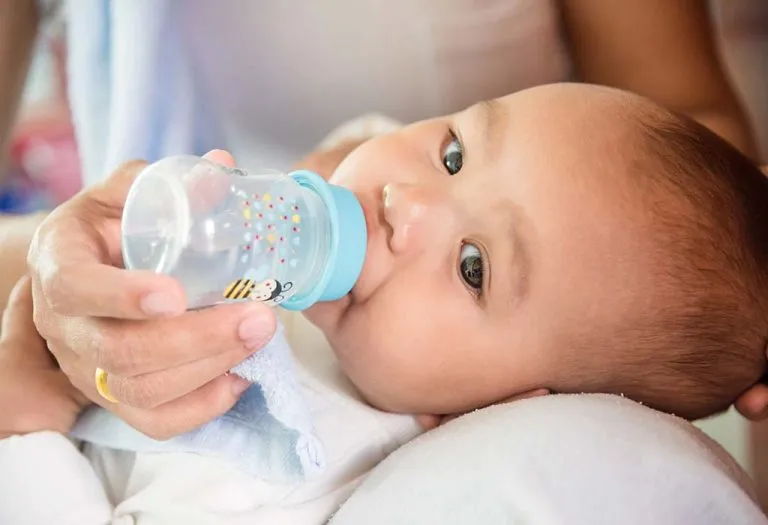

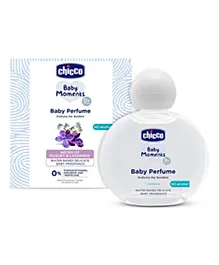

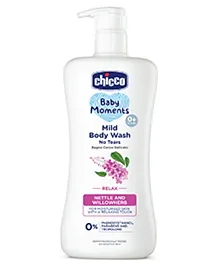
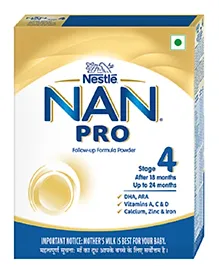
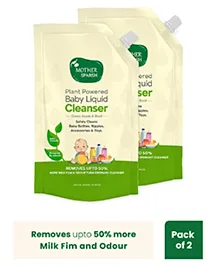
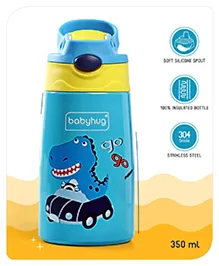
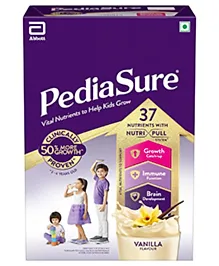
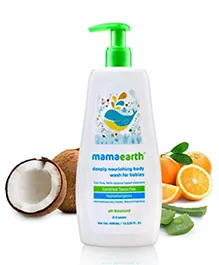
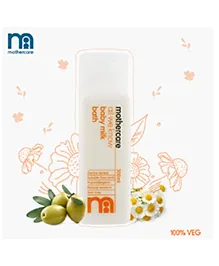




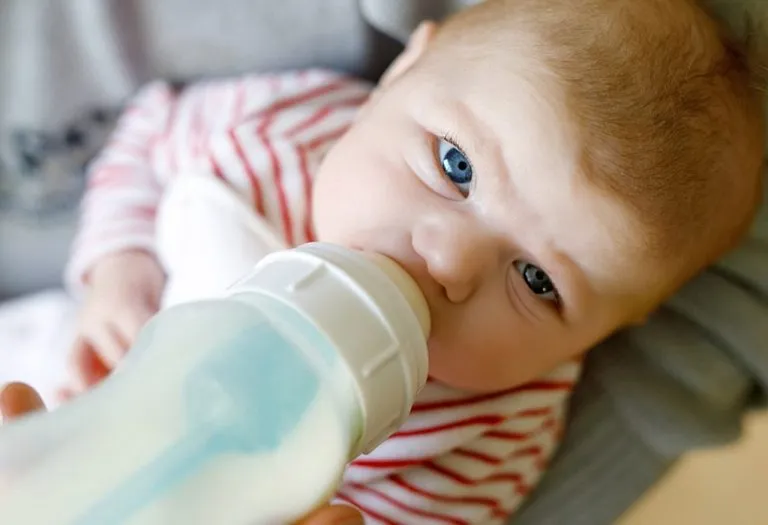


.svg)


















